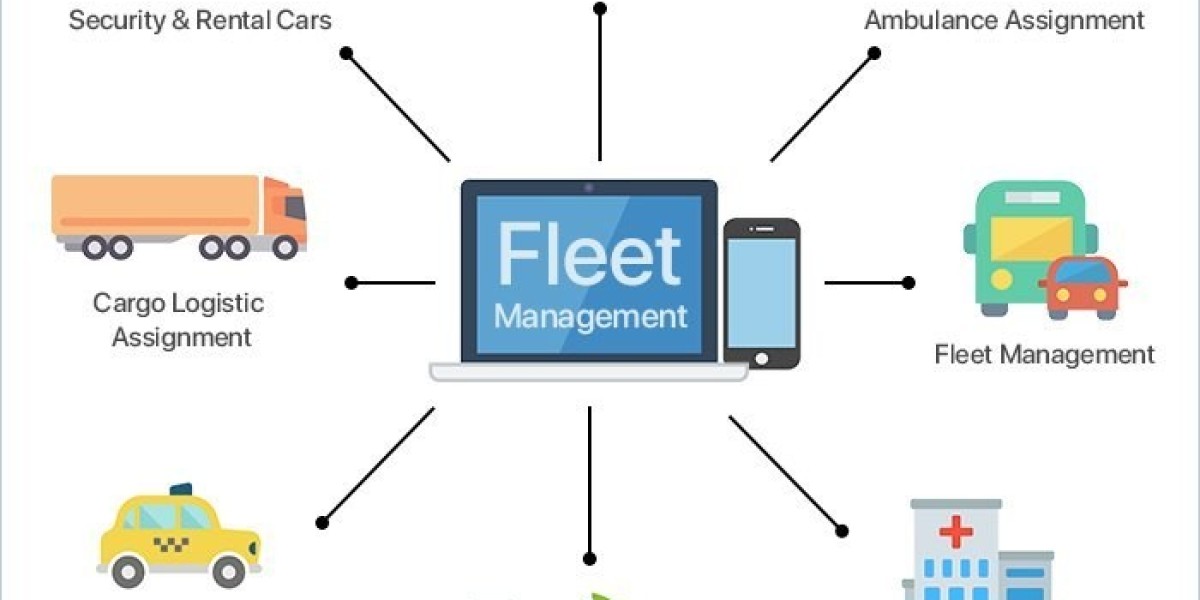In today’s fast-paced, logistics-driven world, efficient transportation is the backbone of successful businesses. Whether you're managing a fleet of delivery vans, long-haul trucks, or service vehicles, having a robust Fleet Management Platform (FMP) is no longer a luxury — it's a necessity.
This blog will break down what fleet management platforms are, why they matter, and how they’re transforming industries through smart data, automation, and connectivity.
What is a Fleet Management Platform?
A Fleet Management Platform is a software solution that helps organizations manage all aspects of their vehicle fleet operations. These platforms provide real-time visibility, data analytics, and automation tools to streamline fleet operations, improve safety, reduce costs, and boost productivity.
Key features typically include:
Vehicle tracking (GPS)
Fuel management
Maintenance scheduling
Driver behavior monitoring
Compliance reporting
Route optimization
Telematics integration
Why Fleet Management Platforms Matter
Cost Efficiency
Fuel is one of the highest recurring expenses in any fleet operation. FMPs help optimize routes, monitor fuel usage, and identify inefficiencies that could be costing thousands annually.Improved Safety
With driver behavior monitoring, fleet managers can track speeding, harsh braking, and idling — allowing for timely coaching and fewer accidents.Regulatory Compliance
Staying compliant with government regulations (like ELD mandates or emissions standards) is simplified with automated logging and reporting features.Preventive Maintenance
Avoid unexpected breakdowns by receiving alerts for oil changes, brake checks, and tire rotations based on real-time vehicle diagnostics.Real-Time Tracking & Visibility
Fleet managers can see where every vehicle is at any time, ensuring better response times and increased transparency for customers.
Who Uses Fleet Management Platforms?
FMPs are used across various industries:
Logistics and Delivery: Ensuring timely, trackable deliveries.
Public Transportation: Managing buses, schedules, and maintenance.
Field Services: Coordinating technicians and service vehicles.
Construction: Tracking equipment and heavy machinery.
Food & Beverage: Monitoring cold chain logistics and deliveries.
Emerging Trends in Fleet Management
AI & Predictive Analytics
Predicting vehicle maintenance, traffic patterns, and fuel consumption helps managers make smarter decisions.Electric Vehicle (EV) Integration
As fleets transition to EVs, platforms are adapting to manage charging stations, battery health, and energy usage.Mobile-First Solutions
Drivers and managers are increasingly accessing FMPs via smartphones and tablets, enhancing communication and flexibility.Sustainability Reporting
FMPs now help track and reduce carbon emissions, aligning with global environmental goals and corporate responsibility targets.
Choosing the Right Fleet Management Platform
When selecting an FMP, consider the following:
Scalability – Can the platform grow with your business?
Integration – Does it connect with your existing systems (CRM, ERP)?
User Interface – Is it intuitive for drivers and admins alike?
Customer Support – Does the vendor offer training and troubleshooting?
Cost Structure – Is pricing transparent, and are there hidden fees?
Popular platforms in the market include Geotab, Verizon Connect, Samsara, Fleet Complete, and Teletrac Navman, each offering unique strengths tailored to different fleet needs.
Final Thoughts
Fleet Management Platforms are revolutionizing how organizations handle transportation logistics. They offer a competitive edge by turning raw data into actionable insights, improving efficiency, safety, and accountability across the board.
Whether you're managing 10 vehicles or 10,000, investing in a modern FMP is a strategic move that pays off in both the short and long term.





